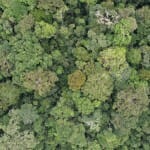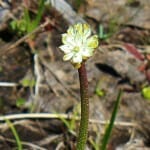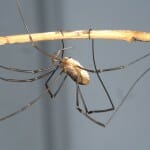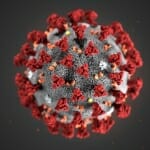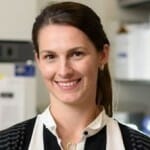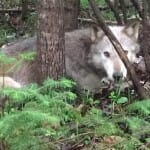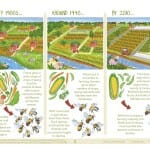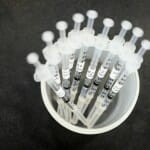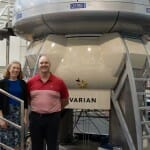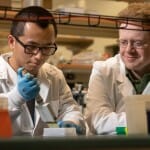Tag Research
Nearby forest loss predicts future deforestation on protected lands
The research could help national governments and other agencies direct limited resources toward those areas at greatest risk of deforestation, which threatens biodiversity and releases large amounts of carbon dioxide into the atmosphere. Read More
VCRGE announces second round of funding support for critical campus research
Research activities delayed or negatively affected by the COVID-19 pandemic are eligible to apply for the Pandemic-Affected Research Continuation Initiative. Read More
Professional couples are on the rise, but it’s not increasing income inequality
But the changing availability of spouses with particular jobs — especially a large increase in professional women — has dramatically changed common household couplings. Read More
Apply for the Annual Fall Research Competition, providing support across divisions
The yearly contest from the Office of the Vice Chancellor for Research and Graduate Education funds select research projects in biological sciences, physical sciences, social sciences and the arts and humanities. Read More
Research aims to give everyone a fair shot at accessing COVID-19 vaccines
A UW team's work will inform government and community groups’ efforts to address vaccine access and hesitancy, with the ultimate goal of increasing immunization rates. Read More
Study evaluates accuracy of tests for Bartonella infection in dogs
The results could help improve diagnostic techniques applicable to both companion animals and people, addressing “a big open question in veterinary medicine.” Read More
Midwest bumble bees declined with more farmed land, less diverse crops since 1870
Native species declined while the average number of different crops grown in these states was cut in half and as modern agriculture began to focus on intensive production of corn and soybeans Read More
Vaccination, previous infection, protect against COVID-19 gamma/P.1 variant in animal model
The findings, the researchers say, suggest that previous SARS-CoV-2 infection and vaccines that are based on earlier strains of the virus still provide protection against infection with gamma. Read More
NSF award to establish network for advanced NMR across three institutions
UW–Madison will join a first-of-its-kind collaborative network for nuclear magnetic resonance spectroscopy, which researchers use to probe large biological molecules like proteins and RNA. Read More
Modeling COVID-19 infection based on movement can improve public health response
The research team — which includes geographers, mathematicians, an epidemiologist and communications experts — used the model to examine decisions to ease restrictions as the pandemic seemed to wane in mid-2020. Read More
Correlated errors in quantum computers emphasize need for design changes
UW researchers have found evidence that errors are correlated across an entire superconducting quantum computing chip — highlighting a problem to address in the quest for fault-tolerant quantum computers. Read More


